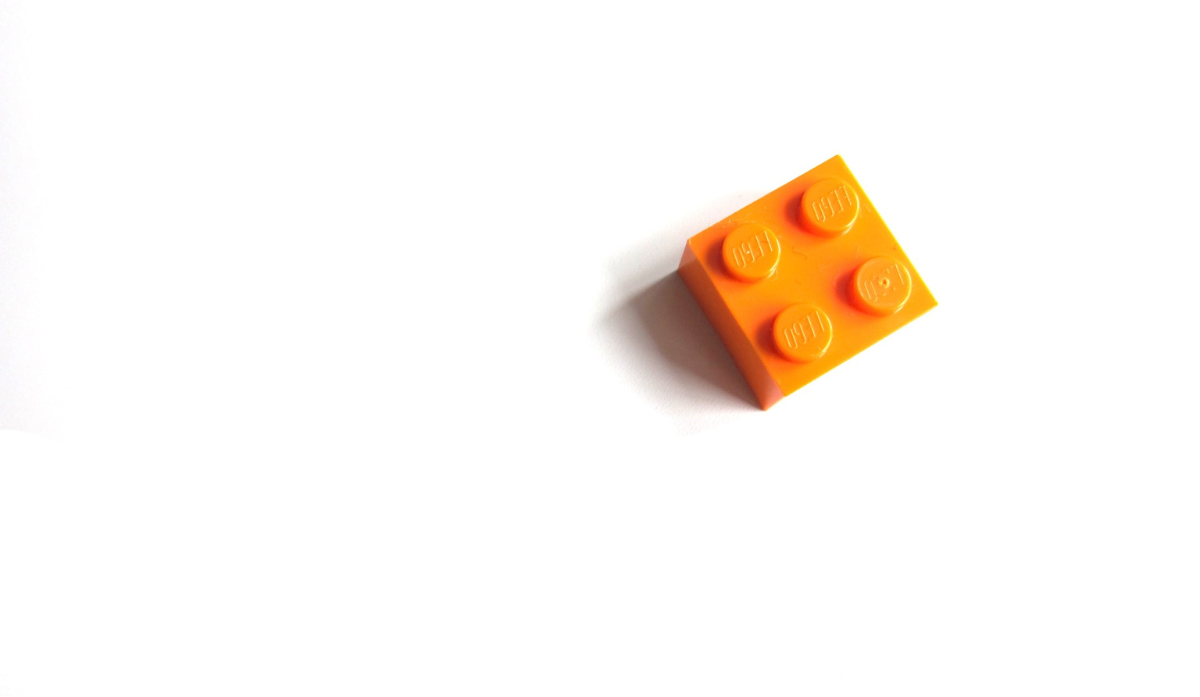The DiSC Profile, Explained: How Two Identical DiSC Styles Can be Unique








Three years ago, all our lives changed in an instant—there have been highs and lows. Now is the time for us to focus forward and take the skills we’ve honed through adversity to create our next reality.
How can we live expansive lives to our fullest potential? How can we minimize stress and strain through our own ingenuity? How can we grow our leadership influence and impact? These are all important questions that require us to navigate and flow through complex waters.
That’s why I’m choosing Simplicity as my theme for 2023.
When we hear the word simple, most people think easy. Its first definition is “easily understood or done; presenting no difficulty.”
In reality, simplicity is hard.
It is defined as the “quality or condition of being easy to understand or do.” In a world full of complexity and challenge, making anything simple to understand or do is actually very difficult.
As we likely will face a recession ahead (with some degree of force), we need to BEGIN NOW to create simplicity in our personal and professional lives.
Now is the time to take the lessons and skills the pandemic forced us to learn and apply them toward creating simplicity in our own lives.
I care about simplicity because I want to live an expansive life to my fullest potential. It’s my mission…always has been and will be. If I can’t create simplicity around me, my contribution to the world around me will diminish.
Second, I need to minimize the stress and strain in my own life. Having just celebrated the important milestone of our 20-year anniversary at FlashPoint in 2022, I realize I need to find new ways of approaching my work for my own physical and mental wellbeing.
Lastly, I want to increase my leadership impact on the lives of others and help my friends, colleagues, clients, and community be at their best. If I don’t create simplicity, I won’t have enough charge in my own battery to give back to others.
While it hasn’t been easy, one way to view the pandemic was as an accelerator. It pushed us faster toward a future we would have gotten to anyway. In hindsight, I am now free of old traditions, have assimilated to new ways of working, and learned how to be more resilient.
Curiosity > Empathy > Self-Awareness > Resilience
If you follow our work, you’ll remember I’ve been writing and talking about the importance of curiosity and empathy. These are two of the skills that help form the basis of greater self-awareness.
Having deeper self-awareness leads to greater resilience. When we understand what is happening around us and within us, we are better equipped to respond with resilience and can more quickly recover from setbacks.
With these four skills as a foundation, you can level up to the next three skills in the chain.
As I think about the theme of simplicity, I quickly realize I don’t operate in a vacuum. I need to collaborate with others to seek out improvements and better ways of working. The interdependence of my work and the work of the team around me are inseparable. Whether you work in a matrixed environment or are part of the value chain to deliver to the customer, we are all connected. To create simplicity, I must be in partnership with others.
True partnership requires trust. Encouraging others to contribute ideas for improvement or to challenge the status quo requires safety—a culture that models and rewards vulnerability. Without creating a baseline of psychological safety, fear (real or not) will prevent our teams from feeling included, prevent them from learning, prevent them from contributing, and ultimately prevent them from challenging the status quo. When this vicious cycle occurs, the result is no improvement or innovation.
If we are to make things simpler and reduce strain and stress, we’ll need to create greater psychological safety.
When our teams can contribute safely and when we reward those contributions as they happen, we can really get the creativity train steaming along.
Then, we are positioned to create, to innovate, and generate ideas. This higher engagement will benefit the team and the individual as they begin to feel reduced stress and strain along with pride in their own ingenuity to make their work simpler.
Creativity must be continuously requested—this isn’t a one and done. To keep up momentum we can create forums specifically for idea generation in groups and incorporate conversations within our one-on-one meetings. With a little attention, we can create a powerful and virtuous cycle.
When our systems and processes are simple, we can more efficiently adjust, pivot, and move through change. This efficiency brings flexibility and in turn increases the team’s confidence that they can face any challenge through collaboration and creativity. When we aren’t bogged down, we can also lift our head high enough to have more external awareness. We can start to see around corners and get ahead of change.
Agility requires a continuous learning orientation, which cycles us right back to the beginning of the chain of skills…curiosity. What is working well? What is not? Why are we doing this? Does it add value? What ideas do others have to bring greater simplicity to their work? How do we streamline this process?
As we face 2023, there are certainly many unknowns. I hope you each find value in thinking about how the theme of simplicity can help you face that future with more ease and less strain. Ultimately, I’m excited to keep improving and increase my leadership impact this year and beyond, along with help the leaders we serve do the same. Happy New Year!
Photo by Hello I'm Nik on Unsplash






We're excited to partner with you to empower your leaders. Let us
know how we can be of service!